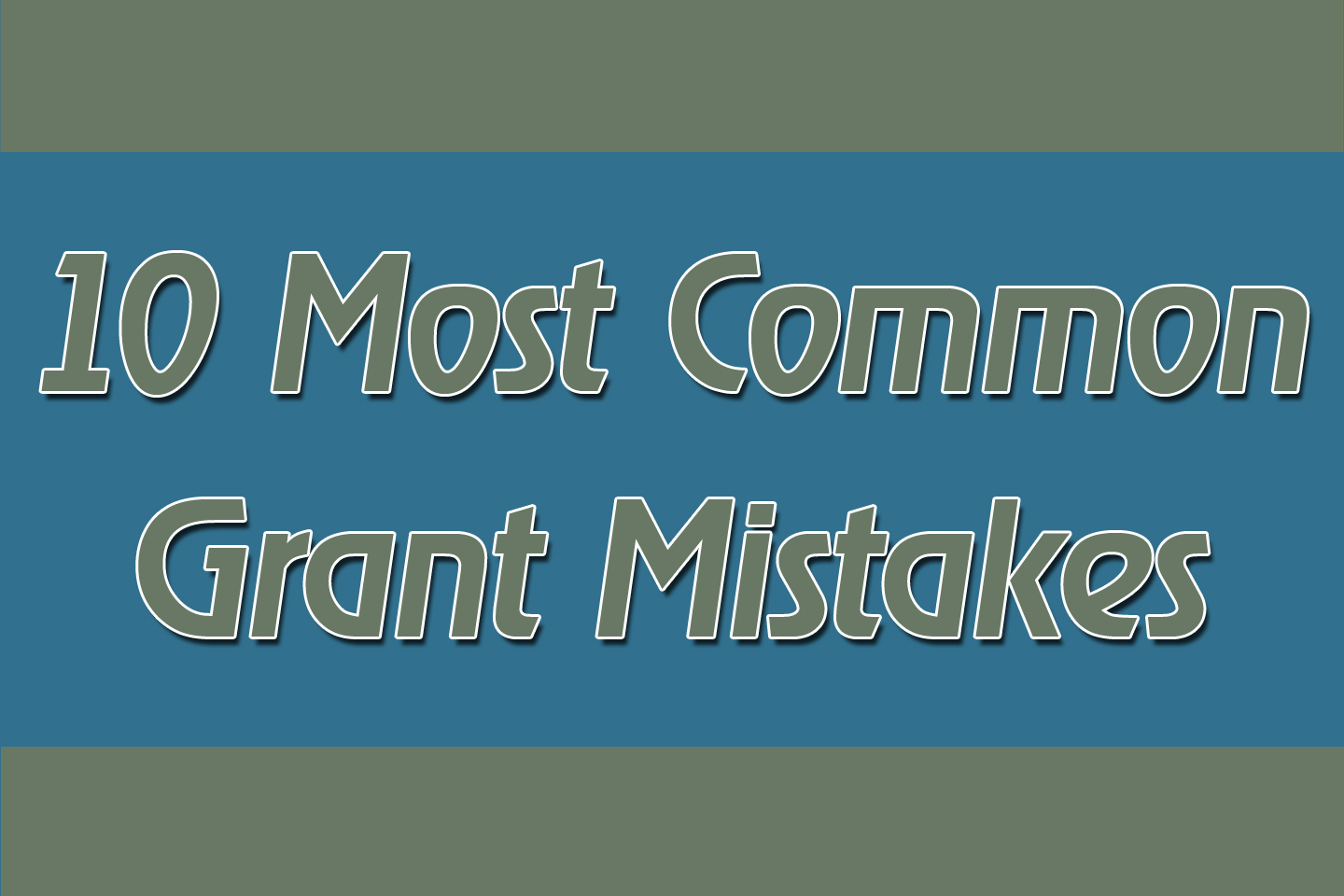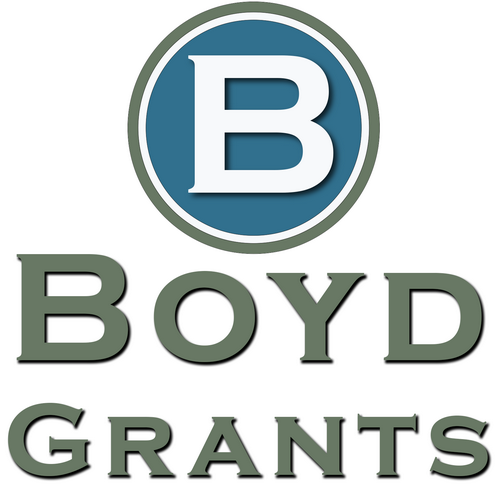10 Most Common Grant Mistakes

Below is a list of the top ten most common grant mistakes.
- The writing in the proposal isn’t succinct or intelligible, resulting in a proposal that doesn’t make sense.
- The costs for technology items are inaccurate or, in the worst-case scenario, are inflated. Never guess at the cost of an item.
- No one proofreads the proposal before it is submitted, and the proposal contains typographical or grammatical errors.
- The budget doesn’t match the narrative, and the reviewer sees costs on the budget pages that are not mentioned or explained in the narrative.
- The objectives cannot be measured, because they are too vague and open to individual interpretation in terms of success or failure
- A reasonable amount of time is not allotted to develop a project idea and to write the proposal, resulting in a sloppy, incomplete document.
- An assumption is made that the reviewers are experts in the subject area and that they understand jargon and acronyms without explanation.
- The proposal is full of “buzzwords” and offers little or no substance.
- The writer ignores the instruction in the request for proposals and violates the rules and directions it specifies.
- Funders are selected because they have money, not because there is a close fit between the project idea and the funders’ interest.
Related Articles

Funders Have Unspoken Expectations
When it comes to grant applications, most of us focus heavily on the Request for Proposal (RFP). After all, it’s the document that lays out the “official” requirements, outlining everything from eligibility criteria to budget guidelines. However, there's often more to...


